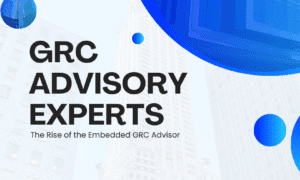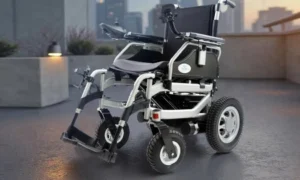At the intersection of science, technology, and human well-being, Cynthia Obianuju Ozobu is building a safer future for workers across some of the world’s most hazardous industries. With over a decade of hands-on experience in industrial hygiene and environmental health, Ozobu has become a transformative figure whose influence now stretches far beyond Nigeria’s borders. Her work not only protects lives in fertilizer plants and petrochemical sites across Africa, but it also finds relevance in safety laboratories, research institutions, and policy circles in the United Kingdom and beyond.
A standout achievement in her career is her authored peer-reviewed publication titled “Modeling Exposure Risk Dynamics in Fertilizer Production Plants Using Multi-Parameter Surveillance Frameworks.” Published in the Iconic Research and Engineering Journals, the paper outlines a powerful real-time surveillance system that uses gas sensors, wearable technology, environmental monitors, and machine learning to assess and predict workers’ exposure to dangerous chemicals like ammonia and nitric acid.
In practical terms, the system has been deployed in working fertilizer plants in Nigeria, resulting in a 45% decrease in ammonia overexposure incidents and a 60% reduction in emergency evacuations. Even more impressively, it helped reduce response times from 14 minutes to just under four minutes. Ozobu’s Exposure Risk Index (ERI) works by continuously analyzing sensor data and flagging potential danger zones. Safety officers can then intervene before problems escalate, creating a culture of prevention rather than reaction.
What sets Ozobu’s research apart is its relevance beyond the African continent. In the United Kingdom, where industries are under increasing pressure to modernize workplace safety systems, her framework is gaining traction. Scholars and practitioners have begun citing her work in studies focused on predictive safety modeling, smart PPE integration, and industrial risk mitigation. At several UK universities, especially in Wales and Scotland, her paper is being used to explore how real-time safety data can transform traditional compliance practices.
This cross-border recognition is no coincidence. The UK’s Health and Safety Executive (HSE), known for its rigorous standards, is encouraging industries to adopt more integrated and predictive safety tools. As manufacturers face heightened expectations around ESG compliance and digital transformation, Ozobu’s work is being examined as a scalable model that aligns with these evolving priorities.
The technical elements of her study, such as the deployment of LSTM neural networks and Random Forest regressors to predict chemical exposure spikes, mirror the UK’s move toward AI-driven industrial solutions. Her research has also been featured in conference papers and white papers that examine how predictive dashboards and data analytics can help companies reduce workplace injuries, avoid shutdowns, and meet regulatory requirements.
Ozobu’s influence, however, doesn’t stop at research citations. She is an active mentor and global advocate, serving on advisory boards for IOSH UK and the Board for Global EHS Credentialing USA. In these roles, she advises on safety curriculum development, professional certification, and leadership strategies, with a particular focus on empowering women and early-career professionals in environmental health and safety roles.
Her reach extends into publishing and peer review as well. As an editorial board member and reviewer for international safety journals, she helps set the bar for what quality and innovation look like in occupational health research. Her work is shaping not just what industries do today, but how they prepare for the risks of tomorrow.
Professionals in the UK are taking notice. With increasing concerns around workplace heat stress, air quality, and chemical exposure, especially in the wake of post-Brexit regulatory realignments, Ozobu’s model offers a timely solution. It supports compliance, yes, but also introduces a more ethical and sustainable approach to managing worker safety in a digitized world.
Cynthia Ozobu’s story is proof that world-changing ideas can come from anywhere. What began as a solution for Nigeria’s Agriculture industry has evolved into a globally relevant model for proactive, data-driven safety management. Her work is helping industrial leaders make decisions faster, smarter, and more human-centered, thereby saving lives and setting new standards in the process.
As safety challenges grow more complex across sectors and borders, one thing is clear: Cynthia Ozobu’s voice will remain essential in the global conversation on how to protect the people who keep industries running.



































